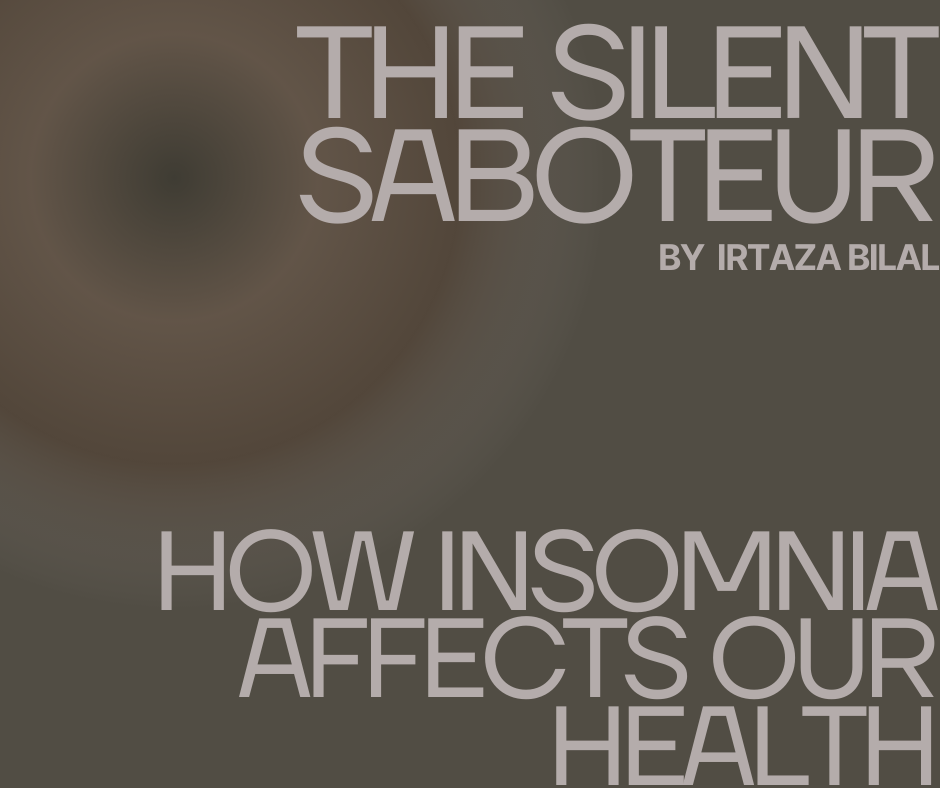Introduction: In today’s fast-paced world, the importance of a good night’s sleep is often underestimated. With the hustle and bustle of our daily lives, many people find themselves grappling with insomnia, a condition that can significantly impact our overall health and well-being. In this blog, we’ll delve into the various ways in which insomnia affects our health, without engaging in a debate. Let’s shed light on the importance of sleep and its far-reaching consequences.
#InsomniaImpact #SleepDeprivation #HealthConsequences
The Basics of Insomnia: Before we dive into the health implications of insomnia, it’s essential to understand what this condition entails. Insomnia is not just the occasional sleepless night; it’s a chronic inability to fall asleep or stay asleep, even when the opportunity for sleep is present. It can manifest in different forms, such as difficulty falling asleep, waking up frequently during the night, or waking up too early and being unable to return to sleep.
The Health Impact of Insomnia:
- Mental Health: Insomnia and mental health are closely intertwined. Sleep is a critical component of emotional regulation. This can lead to increased stress, anxiety, and even depression.
- Cognitive Function: Sleep is essential for cognitive processes, such as memory consolidation and problem-solving. Insomnia can impair these functions, making it challenging to concentrate and affecting our overall productivity.
- Physical Health: Chronic sleep deprivation is associated with a higher risk of various health conditions. Lack of sleep can disrupt the balance of hunger-regulating hormones, leading to overeating and weight gain.
- Weakened Immune System: A well-rested body has a stronger immune system. When we don’t get enough sleep, our immune function weakens, making us more susceptible to illnesses.
- Pain Sensitivity: Insomnia can exacerbate our perception of pain. People with chronic pain conditions often report increased pain levels when they experience sleep disturbances.
- Reduced Quality of Life: Beyond the physical and mental health consequences, insomnia can severely impact our overall quality of life. It can lead to a decreased enjoyment of daily activities and strained interpersonal relationships.
Dealing with Insomnia: While the health implications of insomnia are significant, the good news is that there are various strategies to manage and alleviate insomnia. Here are some tips to improve sleep quality:
- Establish a consistent sleep schedule.
- Create a comfortable sleep environment.
- Limit caffeine and alcohol intake, especially in the evening.
- Engage in regular physical activity.
- Manage stress through relaxation techniques like meditation or deep breathing exercises.
Conclusion: Insomnia is not just a mere inconvenience; it’s a condition that can have profound consequences on our health and well-being. By recognizing the impact of sleep deprivation and taking steps to address it, we can significantly improve our overall quality of life. Remember, sleep is not a luxury but a necessity for a healthy, happy life.
#SleepMatters #HealthandWellness #InsomniaAwareness

